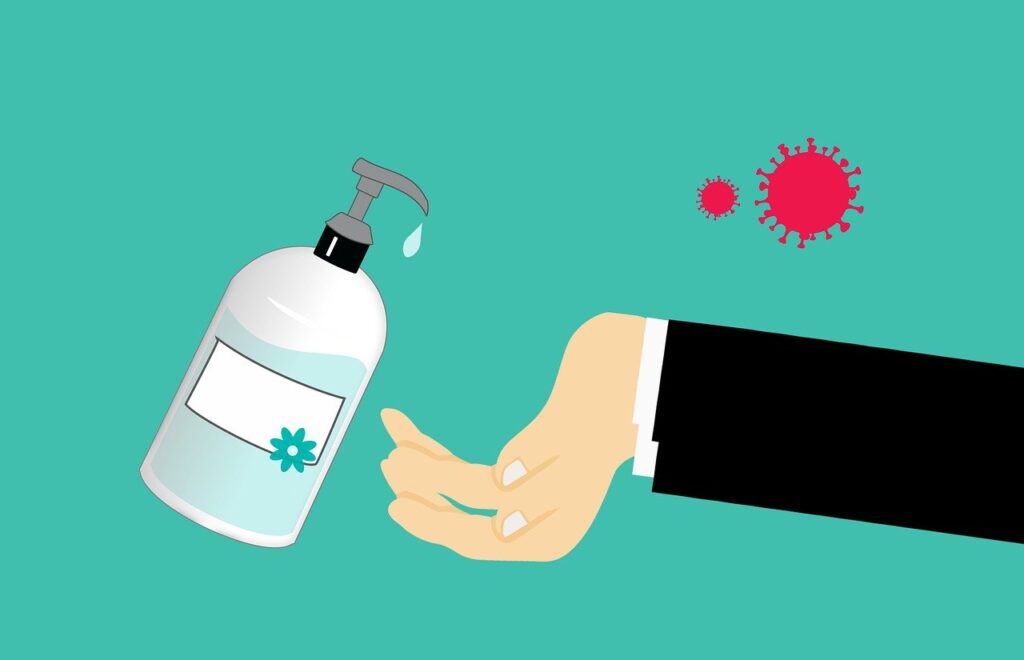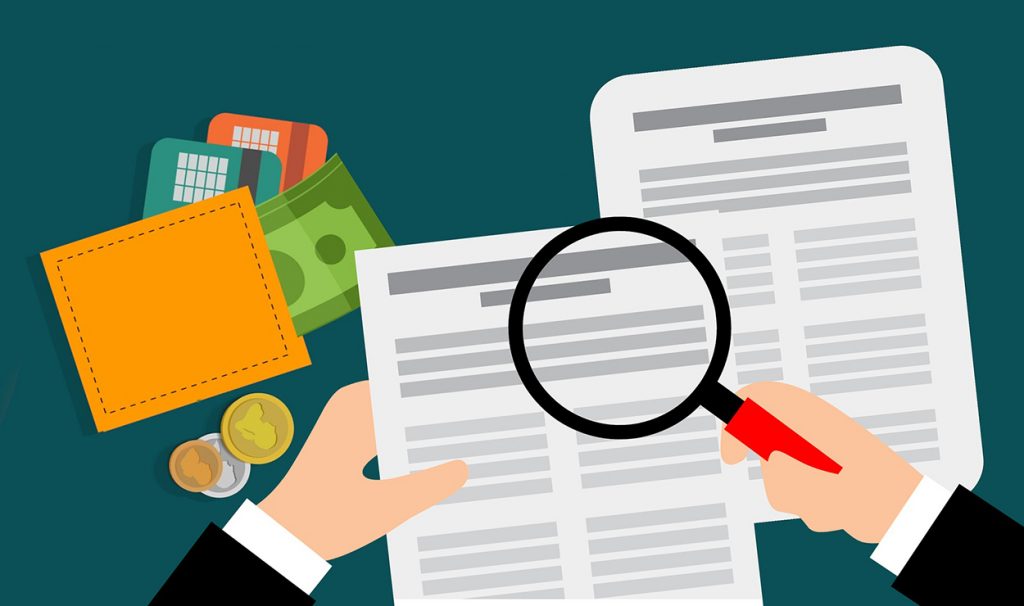What Help is Being Offered to Homeowners During Coronavirus

The Coronavirus pandemic has lasted longer than initially expected and we are now experiencing a second wave. A second national lockdown started on November 5th and alongside the lockdown the government has announced a new wave of financial help which will not only help the general population to meet their essential needs, but also further measures have been announced to prevent homeowners from losing their home. In this article we look at what options are currently available and what help is currently being offered by the government for homeowners who have been adversely affected by the crisis.

Mortgage Lenders are not allowed to Repossess your Home During Coronavirus
For the foreseeable future the FCA has ordered banks and building societies to not repossess any homes during the Coronavirus outbreak. The pandemic has continued for longer than expected and luckily for many homeowners who have found themselves in arrears the government have continued to tell lenders that they are not allowed to initiate any court proceedings during this current outbreak. Since a second national lockdown has been announced starting on November 5th the FCA have announced a further six month extension to the mortgage payment holiday. Furthermore, the government have also said that they wish to make sure that no one faces repossession during this time. It is unclear how long this temporary suspension on repossession orders will remain but it is believed it could be a further six months.
Facing repossession is a tough time for anyone and as-well as showing compassion this measure from the government is certainly sensible as if it weren’t in place than the government may have faced a re-homing crises. Indeed there has been a 80 per cent annual fall in repossessions and it is reported that just 90 home owner mortgages and 130 buy to let mortgages have been repossessed this year. The banks are being forced into an awkward situation where they don’t have any power to effectively retrieve their loans, currently homeowners have the upper-hand! It is unclear how long the government will be able to prevent lenders from repossessing your home and if you are ever in this awkward position in the near future then feel free to talk to Direct House Buyer about selling your house fast to avoid a repossession and save some equity that otherwise may be lost.
Mortgage Payment Break extended a Further Six Months
At the beginning of the pandemic the government announced a three month mortgage payment break that was available to anyone who wasn’t in arrears before March. The pandemic has continued for longer than expected and the government have continued to tell lenders that they are not allowed to initiate any court proceedings during this current outbreak. Initially, this prevention of repossessions was due to be scraped on October 31st, but to the relief of many, since the second National Lockdown has been announced starting on November 5th, the FCA have announced a further six month extension to the mortgage payment holiday.
The same rules as previous should apply, interest will still need to be paid at a later date and to help avoid unnecessary interest accruing you can even choose to pay partial payments towards your mortgage during the break. There are various flexible options that should be available and more guidance can be found in this comprehensive guide from Money Saving Expert explaining your rights during coronavirus. Furthermore, the Financial Conduct Authority are responsible for making the decisions that tell lenders how to treat customers fairly and this is continually updated here.

Your Credit Rating May Be affected after October 31st
Up until now those who have taken a break from paying their mortgage and other lending obligations such as credit cards and loans, have been rest-assured that their credit file won’t be affected. Sadly, it seems that for those who wish to continue to receive financial help after October 31st, it may be displayed on their credit file. It’s difficult to believe that those who have suffered from government measures that have effectively put them out of work will be further affected for the long term if their credit file is hampered.
With regards to taking a mortgage holiday it seems that those who have previously taken a mortgage break and have asked for a further extension, it will affect their credit file. However, for those who have not previously asked for a mortgage break but may now require one it should not effect your credit file.
In summary, it seems that if you ask for help once then your credit file should be fine, but if you need an extension, you need to bare in mind that your credit file will likely be affected.
What does the November 5th National Lockdown mean if you are Moving Home?
The second national lockdown came into place on November 5th, broadly speaking it means that non essential shops must remain shut and employees who don’t need to work at their place of work must remain at home. Members of the public are allowed to go out for food supplies, exercise and if you are a carer for someone else. Also, if you have current NHS appointments you should still attend. Controversially, schools and universities will remain open, even though they have been largely to blame for the second wave. But what does the national lockdown mean if are currently selling your home?
According to Government guidance you can still move home if you are currently in the process of having to do so. People outside your support bubble should not help unless it’s essential and removal firms are still allowed to assist you. Different to the previous lockdown, estate agents and letting agents are still allowed to undertake property viewings which seems contrary to the fact that the public shouldn’t be going out for non essential viewings.
Coronavirus Job Retention Scheme is Replaced with a New Furlough Scheme
Since the second wave / national lockdown came into place the government have taken another U-turn on the way they financially support companies and their employees. The Coronavirus Job Retention Scheme has now been replaced with a furlough scheme which is very much the same as what we saw previously in the year, key features are:
- The new furlough scheme will run until the end of March 2021.
- Employees will receive 80% of their salary up to £2500.
- Employers will still need to pay National Insurance and pension contributions for their employees. This is seen as an unfair feature of the scheme as employers will have to find these funds from empty tills due to being forced to closed.
- To prevent those who have been made redundant from claiming, employees must have been on the PAYE payroll as of 30th October. However, contrary to this HMRC have also confirmed that employees can re-employ some staff and put them on furlough.
- Businesses that have been forced to close due to the November 5th lockdown can apply for a cash grant of up to £3000 a month.
Employers don’t have to choose to retain their staff and put them on furlough. They are still allowed to make staff redundant if they feel that there won’t be a viable job left in the future. The purpose of the furlough scheme is so that essential staff stay in place for when the lockdown is lifted. The official announcement for the governments extension to the furlough scheme can be seen here.
The Sell Employed Grant has Been Increased
On November 5th The Chancellor, Rishi Sunak also announced a further increase to the amount the self employed will receive. The SEISS Grant will cover the period of November 1st through to 30th April 2021. The grant will be paid in two instalments capped at £7500 for each three month period.
Unemployment Set to Rise, House Prices may Fall
The government have said that they expect around 4 million Jobs to be lost during this crisis and they have therefore boosted their support for the unemployed with a £238 million injection of funds. The new JETS Scheme, Job Entry Targeted Support Scheme focuses on recruiting 13,500 work coaches who will provide the extra help needed to retrain the workforce who’s skills have become void due to Coronavirus.
The government appreciate that higher unemployment will have a knock on effect on the rest of the economy in particular the housing sector. With unemployment, people won’t be able to cover their monthly mortgage payment and more homes will be repossessed. To avoid a repossession homeowners are often forced to drastically lower the price of their home so that they can achieve a quick sale and ultimately a better outcome than if the house was repossessed and a sale put through at auction, where the homeowner may be required to make up a difference in the lost loan value and possibly forced into bankruptcy. In lowering the price of their home this may create a domino effect of house prices falling where others on the same street will also be forced to lower their sale price, like we saw in the last recession where house prices fell 18%. Further commentary of what may happen to house prices during coronavirus can be seen in our article here.

We Buy any House in the UK
If you are already on the property ladder and are looking to sell due to being concerned about were prices are heading then we can buy any house in the UK. Regardless of condition we will consider all sorts of property and it’s worth checking to see if we can make you an offer as an alternative to waiting to see if your house can be sold on the open market.